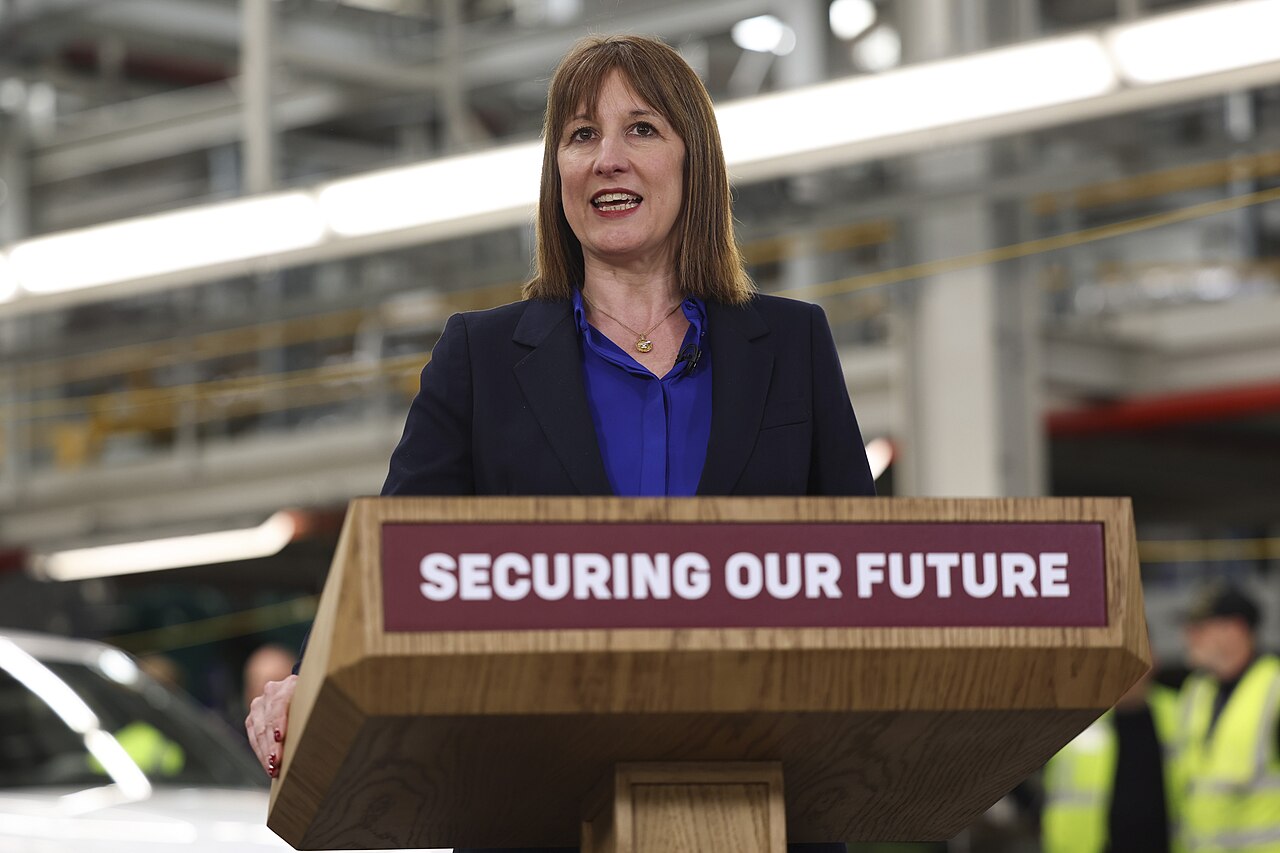It’s time to welcome Labour’s red-tape slash
Given the neoliberal tendencies of the Conservative Party, it’s somewhat surprising that this Labour government has inherited such a bureaucratic nightmare. Starmer has to wade through a flabby, overly cautious government apparatus, plagued with “too much stodge and regulation”, while an equally bloated business environment stains the UK’s investment appeal. We ought to relish the government’s pursuance of growth through the sunlight of bureaucratic liberation.
Hundreds of pages of guidance protecting bat habitats, 9,000 redundant quango roles at NHS England, and a Chancellor who openly admits there is simply “too much bureaucracy” in Britain. The abolition of NHS England, the Payment Systems Regulator, and the Regulator for Community Interest are “the beginning, not the end”, noted Health Secretary Wes Streeting. By removing barriers to efficiency, the government is streamlining bureaucratic mechanisms and unlocking entrepreneurship in a bold and admirable bid for economic growth.
Whether you ascribe to the growth-oriented episteme of mainstream economic thought or not, Labour’s red-tape cull is a necessity for modernising the British state
Business and Trade Secretary Jonathan Reynolds has commented that “unnecessary regulation chokes competition and stifles business – that’s why we’re taking action to unleash industry”. This narrative of enabling industry to flourish is music to the ears of potential investors. Is it any surprise that Universal’s multi-billion-pound investment in opening a new theme park in Bedfordshire – which will bring £50 billion to the British economy, providing 28,000 jobs across the creative, hospitality, and construction sectors – has come as the government begins to flip the regulatory script?
Whether you ascribe to the growth-oriented episteme of mainstream economic thought or not, Labour’s red-tape cull is a necessity for modernising the British state. Chancellor Rachel Reeves may have been misguided in claiming there hasn’t been a runway built in this country since the 1940s (a runway was constructed in Manchester in 2001), but the notion that our infrastructure development is beyond suboptimal is thematically definite. “Build, baby, build”, has declared Starmer, in reference to the detestable 20-year process from planning to ‘power on’ for energy infrastructure. “We’re going to take on the blockers so that we can build”, he has said – and it’s a fight worth having.
Developing infrastructure projects, whether it is the aforementioned energy-dense sustainability of nuclear power, mass housing, high-speed rail (sorry, I should have warned you – we’re still reeling from HS2-induced frustration), or additional runway construction, will bless the British economy. The bureaucratic leviathan of quangos, regulators, and NIMBYs have long prevented UK infrastructural improvement. These projects create a more stable economic environment and increase efficiency of goods, services, and capital flows, all while providing employment opportunities during and after their construction, catalysing local economic renewal.
Labour’s dragging of overzealous regulators away from their obstructionist crusades is laying the groundwork for a re-energised economy. Growth figures have not been ideal, with 0.5% growth in February and a stagnant GDP in January. Yet, the Exchequer has not dug its head in the sand. Instead, it has realised the UK’s off-putting entrepreneurial environment and is working to awake from Britain’s bureaucratic nightmare.
Deregulation will address our stagnant economic growth, crumbling infrastructure, and the perpetual housing crisis
Opposition has inevitably emerged. Some rational concerns have surfaced – the suggestion that “smaller, better-built bonfire[s] burn a lot more efficiently”. Acting in haste leads to repentance in leisure – Labour’s deregulation has not veered into volatility, but the promotion of vigilance remains shrewd. Irrational concerns have also borne their ugly heads. Environmentalists have proclaimed the unlocking of infrastructure improvement as an attack on green space, a reflection of their askew prioritisation. Unless they plan to solve a housing crisis with treehouses or revive the economy through bat protection paperwork, then few alternate solutions have been provided. Deregulation will address our stagnant economic growth, crumbling infrastructure, and the perpetual housing crisis. If we have to lose a few green fields in the process, so be it.
A particularly comedic note about these peculiar concerns was the recent letter calling for the British government to fund an airport in Mirpur, Pakistan. Several MPs, including Zarah Sultana, Rosena Allin-Khan, and James Frith, have signed the letter – all figures have previously stood strongly against the construction of a third runway at Heathrow Airport, calling it “reckless, short-sighted and indefensible”. Unless Pakistan has developed emission-less aeroplanes and I’ve merely been a hermit to the news, this opposition appears shortsighted.
It’s time to embrace Labour’s red-tape slash. Our state is stodgy, slow, and immobile – and businesses have long reacted poorly. Suppose we want to address Britain’s underwhelming economic performance and our abysmal rate of infrastructure development, as well as all the social hardship with which it comes. In that case, we need to welcome the red tape massacre. “Build, baby, build”? Whisper sweet planning reform in my ear, Keir.

Comments